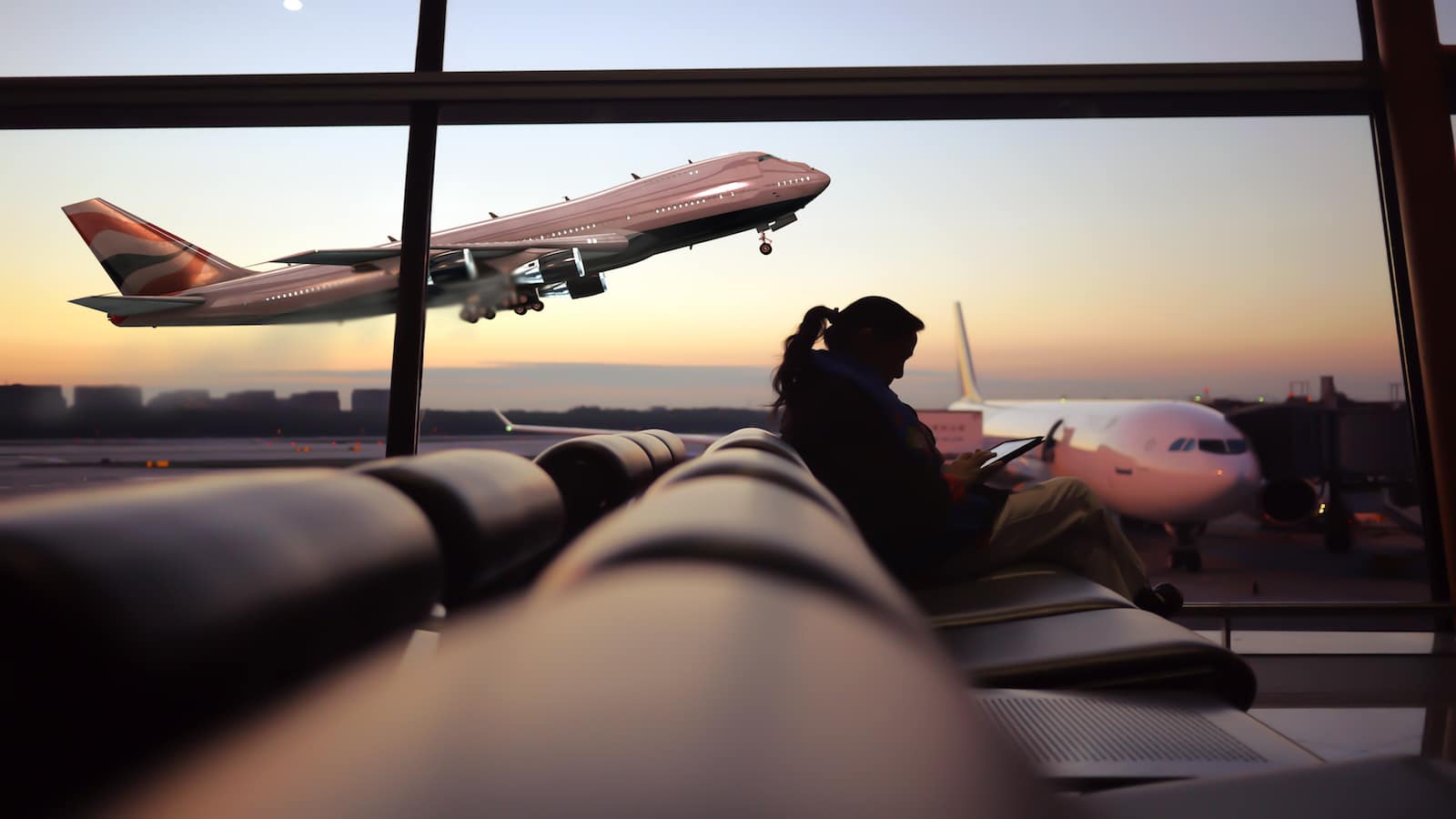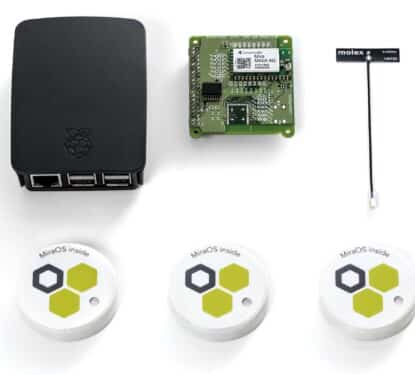You may not be surprised to hear that there has been another partnership between a lighting firm and an IT company. Such has been the surge of lighting into the IT sector that it seems that every month we see a new IT - lighting relationship forming.
Many have been strategic partnerships while others are more high profile acquisitions. Just in the last few years for example; Redwood Systems was bought by CommScope; Distech Controls was acquired by Acuity Brands for $252 million; Daintree Networks was bought by GE’s Current for $77 million. More recently Sensity Systems was bought by Verizon and OSRAM acquired Digital Lumens. Partnerships meanwhile are too numerous to list in this article.
Some deals are a little different however, and spark a more interesting discussion on the smartification of our lighting systems. The recent deal between LED lighting stalwart Acuity Brands and indoor mapping software specialist LocusLabs may seem typical at first glance. However, the scale and progressive nature of Acuity combined with LocusLabs transport specific market points to a continuing smart building trend – the smart airport.
Airports have long been at the forefront of technology, especially security technology in this day and age. High energy prices have also driven airports to seek out strategies for greater energy efficiency through lighting and HVAC - the foundation of the smart building movement. However, few airports have brought all their connected systems together in a way that we could be confident to call a truly smart airport.
The reality is that an airport is a very different prospect to other smart buildings, and it is likely for this reason that deployment of integrated smart systems have been relatively slow. In many ways an airport is more like a city than a building, with a broad variety of activities and a nature fairly independent of its surrounding environment.
While almost all visitors may come to an airport for one reason, they are inevitably exposed to a wide variety of activities during their visit. With the massive and continuing increase in air travel, the airport has become a unique and strange place between a building and a city and a traditional transport hub.
“I’ve always felt that the airport environment was a distinct and different market all on its own, because it has so many moving pieces. Airports are becoming smart cities themselves,” says Grant Furlane, CEO of LocoMobi, specialist in the parking, transportation, cloud computing and network security industries.
“Although I could tackle the airport environment for parking, I felt this was too limiting. An airport is very big in retail, it’s very big in customer service, it very big in parking, and it’s very big in so many other things like media and advertising. I’ve been holding back because I want to offer an integrated solution that makes sense for an airport to want to invest in,” he added.

This complex array of activities creates the perfect platform for smart systems to show their full potential, but simultaneously create a huge challenge for those attempting it. As is often the case, the main factor in overcoming this challenge is money - but the continually rising popularity of air travel and expansion of airport services creates the base of investment to bring smart development to fruition.
The SITA Airport IT Trends Survey 2016 commissioned by the Airports Council International (ACI) suggested an increase in global airport revenues to around $158 billion last year. This robust financial picture has allowed for generous budgets allocated for IT investments. Airport IT spending in 2016 alone was estimated to be over $9 billion.
Perhaps the most visible technology development of recent years have been smart check-in kiosks, reducing queuing times that have long been the bane of air travellers. You may have noticed however, that this development has not meant we can arrive later at the airport for our flights, on the contrary in fact. Under the auspices of security we arrive to the airport earlier than ever, time passing through security has not increased significantly, meaning we are forced to spend a greater amount of time in the airport retail, entertainment environment.
As flights, passengers, security, retail, entertainment and other activities increase so do the behind-the scenes elements that keep everything running. The growth of airports comes in the shape of new terminals and runways but also in more stores, restaurants, offices, security infrastructure, waste disposal and energy management. Considering all these factors and more, the only fair comparison to the smart airport is the smart city.
Like the emergence of gps-mapping in cities, Acuity’s new partner, LocusLabs, already applies its wayfinding technology at major airports including Dallas/Fort Worth International, Houston’s George Bush Intercontinental Airport and William P. Hobby Airport, helping passengers call up maps on their phones that guide them to terminals and shops in these massive airport complexes.
With the addition of Acuity’s range of services to LocusLabs experience in the sector, this partnership may signal the brink of big take off for the smart airport.
[contact-form-7 id="3204" title="memoori-newsletter"]



